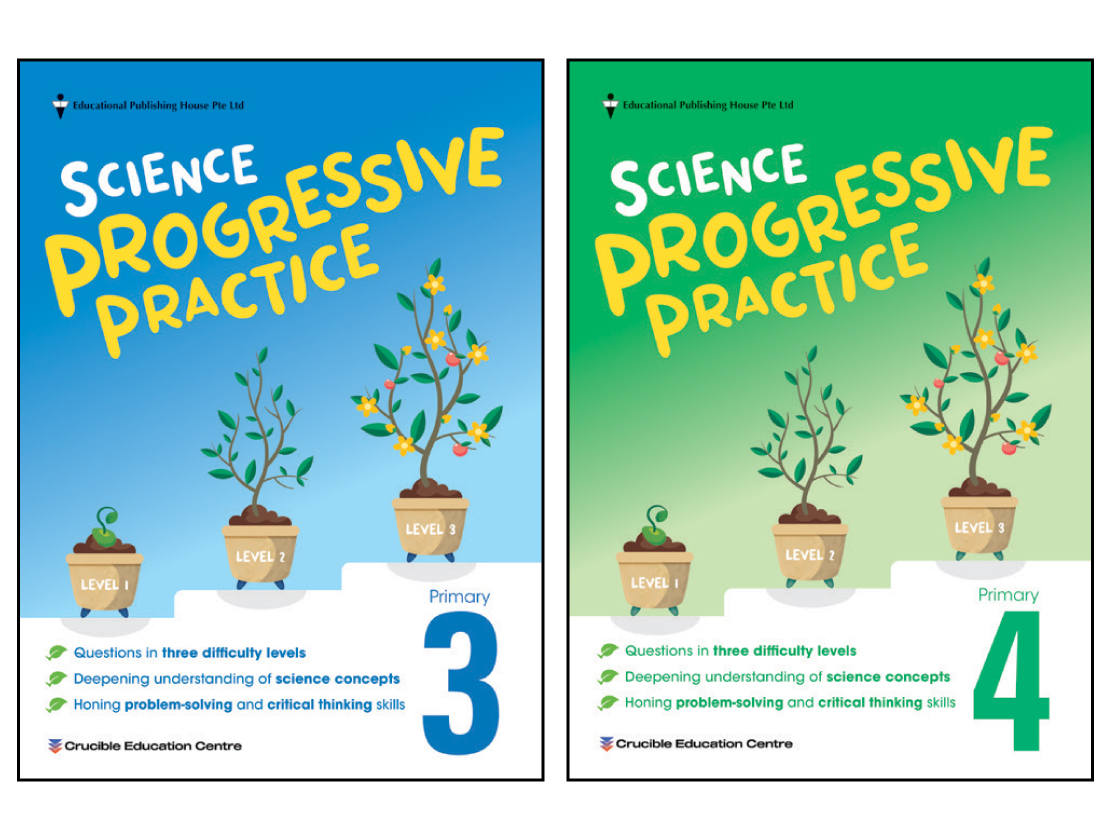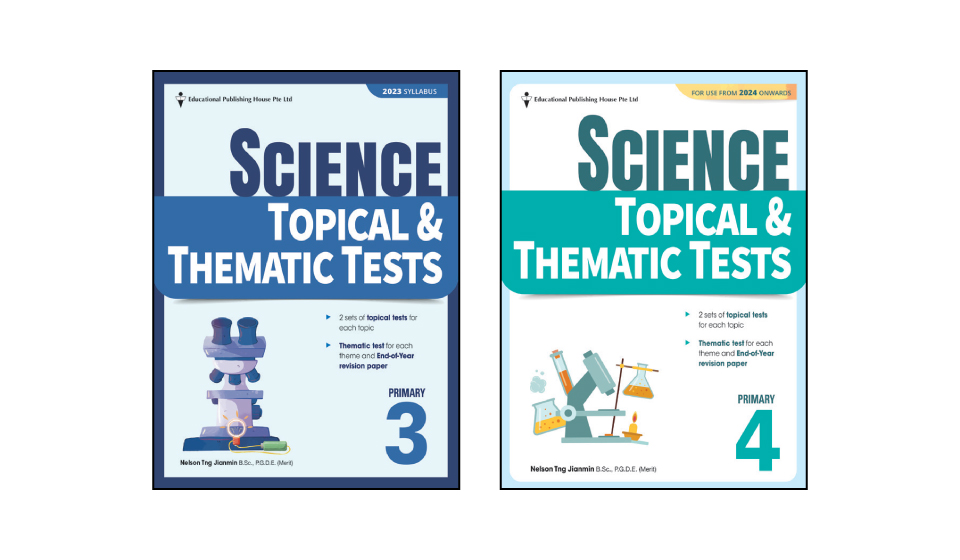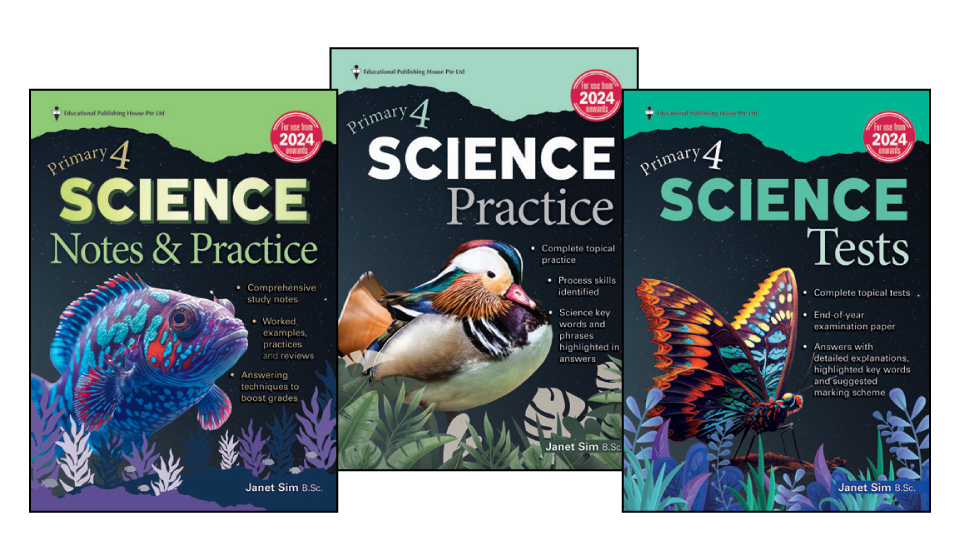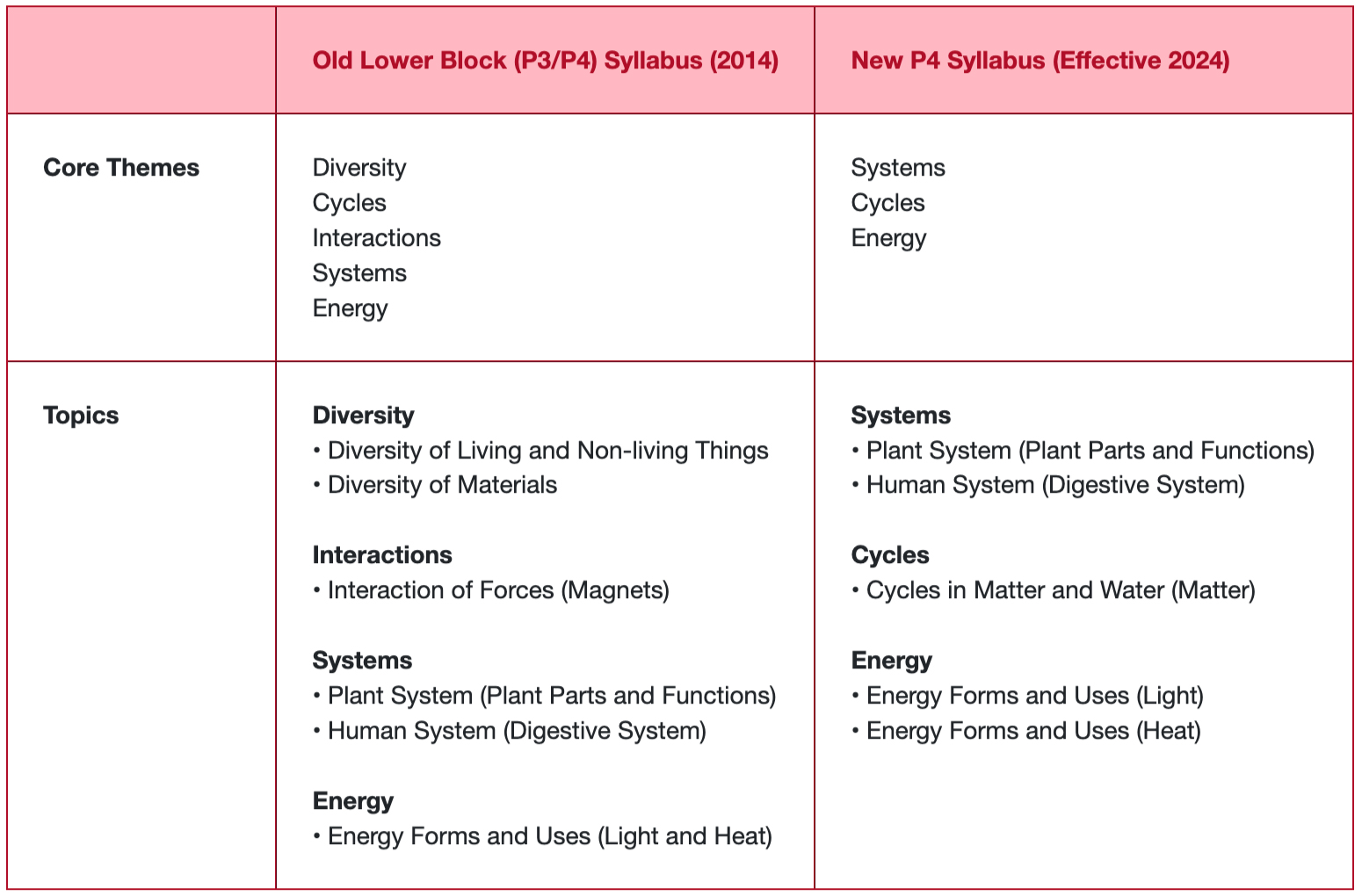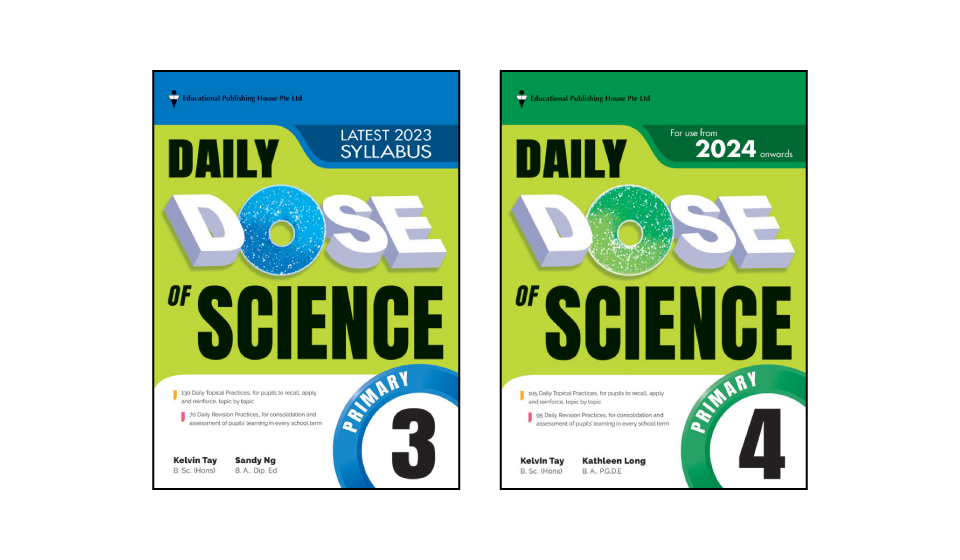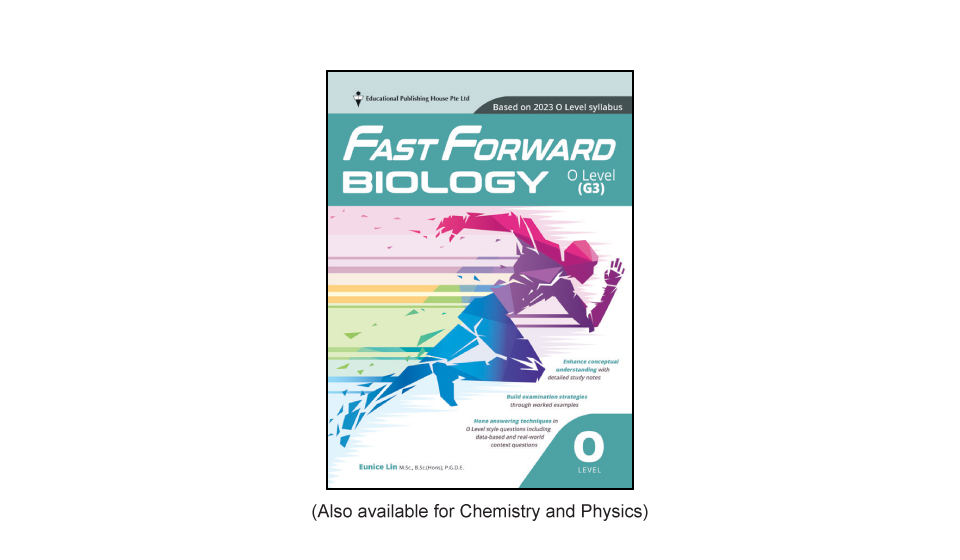This shift is intended to prepare pupils for a rapidly changing world where the ability to think critically and adapt to new information is crucial. They are expected to master basic scientific concepts as part of fundamental understanding before learning to draw connections. A strong emphasis is placed on higher-order thinking skills, practical skills, and experimental skills.
The glossary of terms is also updated to include terms such as ‘Formulate hypothesis’, ‘Solve problem’, ‘Make decisions’, and ‘Use apparatus and equipment’.
Progressive Learning
With this shift in emphasis in the Primary Science curriculum, progressive learning stands out as a proven pedagogy for achieving an academic edge. This is because this method of gradually building knowledge not only deepens understanding more effectively but also leverages cognitive science insights to maximise pupils’ academic potential.
First, progressive learning capitalises on the cognitive science principle of scaffolding, where new information is presented in a way that connects to what pupils already know. This helps pupils better map out and draw links between topics, thereby enhancing comprehension. Over time, this approach enables pupils to establish a solid foundation in science and tackle increasingly complex topics with confidence.
Second, at its core, progressive learning is in line with the well-established principle of spaced repetition, which suggests that information is retained more effectively when learned over time rather than by cramming. By introducing scientific concepts in a structured, step-by-step manner, progressive learning ensures that pupils revisit and reinforce knowledge, leading to long-term retention and mastery.
Through progressive learning, pupils also become more aware of their own learning processes and can thus develop personalised strategies to overcome their learning challenges. Paired with assessment materials that integrate progressive learning principles such as the Science Progressive Practice ($12.90 each) series by Educational Publishing House, this approach equips pupils with the tools to develop critical thinking and problem-solving skills to achieve academic excellence.




